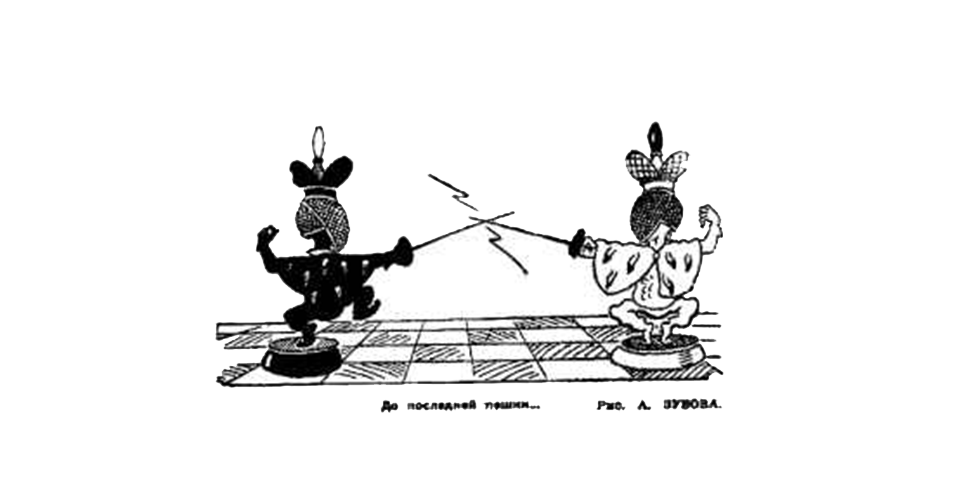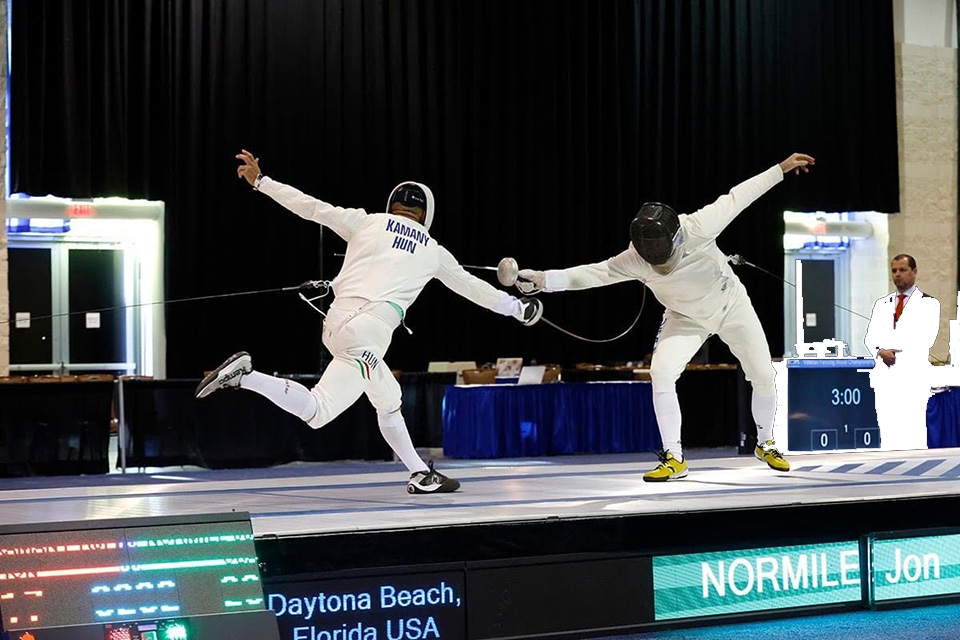We use cookies
Using our site means you agree to the use of cookies and similar technologies. Read about our policy and how to disable them here
Get 20% off fencing gloves with the code GS20. While stocks last. T&Cs Apply. MORE
Fencing is a sport we all love, hence why you are probably reading this blog. Fencing is a unique blend of physical and mental fitness, which makes it more challenging than a lot of sports. Another aspect of fencing that I love, is that we can do it from a very young age until you are in to your 90s (check out an interview with the oldest fencer). It is therefore a sport which really embraces the Sport England concept ‘Sport for All’.

Fencing promotes several fitness elements which includes strength and endurance. Think about our footwork up and down the piste and then the explosive lunges and fleches. All this requires strength and endurance. We must keep fighting until we have won, or until time has run out. Aging is something we can’t avoid and once we go over 30 years old we lose 3-8% of our muscle mass per decade and to an even greater decline once we are over 60. This can cause a problem in later life and is often why trips and falls are frequently reported in older people. However, if we continue to do exercise/sport we can reduce this decline in muscle mass. Therefore, doing fencing can help keep our mobility as we get older.
Another fitness aspect fencing improves is aerobic fitness. What do I mean by aerobic fitness? Our body’s ability to breathe in and utilise oxygen and prevent the build-up of lactic acid. When we walk up that steep hill our muscles start to burn with the build-up of lactic acid and our breathing rate starts to increase. Well, if we increase our aerobic fitness we can go more quickly up the hill and reduce the build up of lactic acid. Fencing can help with this, as we have bursts of high intensity efforts which causes a release of lactic acid and this is followed by lower intensity efforts or rest which then helps us recover. The more we do it, the less build up of lactic acid we will get or we can work harder before we get the same build up – this is improving our aerobic fitness. I know many people don’t like it when I say it, but doing some runs up to around 5km will help improve our fencing performance.
This improvement in aerobic fitness will improve our heart’s health. Doing exercise such as fencing can help adaptations to our body by reducing blood pressure and lower our resting heart rate. This is more beneficial as we become older. High blood pressure is a common problem in older adults and therefore doing exercise such as fencing can help prevent the onset of it.

One of the biggest benefits of fencing is the benefits to our brain function. Fencing involves incredibly fast reactions. If you aren’t fast enough you will not respond to the attack or the counter attack. Not only are reactions important, but our strategic thinking. We need to outthink our opponent on the piste. We try to provoke the opponent in to doing the move we want, or we wait for a particular movement. This is all using our brain power and keeps our minds agile. This cannot be underestimated as we get older as with everything else, we can often suffer with a decline in brain function. Doing a sport like fencing can help prevent the onset of dementia in older age.
These are just a few of the physical and mental benefits of fencing. Along side these health benefits come the social benefits of fencing. I have been very fortunate and fenced for many years and made some incredible friends along the way. I have moved up and down the country and wherever I have moved I have always felt comforted by the fact I can go along to a fencing club and feel like I belong somewhere. For someone like me who is naturally shy, fencing gave me the confidence to move and start again in a new place but knew that I would always have some where that I would be welcomed. A lesson I have learnt from the recent covid years is that social interaction is an important part of our mental wellbeing, and fencing really does give us this. It is a small community, but one I genuinely love. There are not many sports like fencing that can give us this physical, mental and social benefit. I therefore, do not understand how not more people take part in fencing. We should encourage our friends and family to take part in our sport which is truly a sport for all ages! For those wanting to do veteran fencing (40 years and older) do check out the British Veteran Fencing page for further information.
Images © Bizzi FIE

